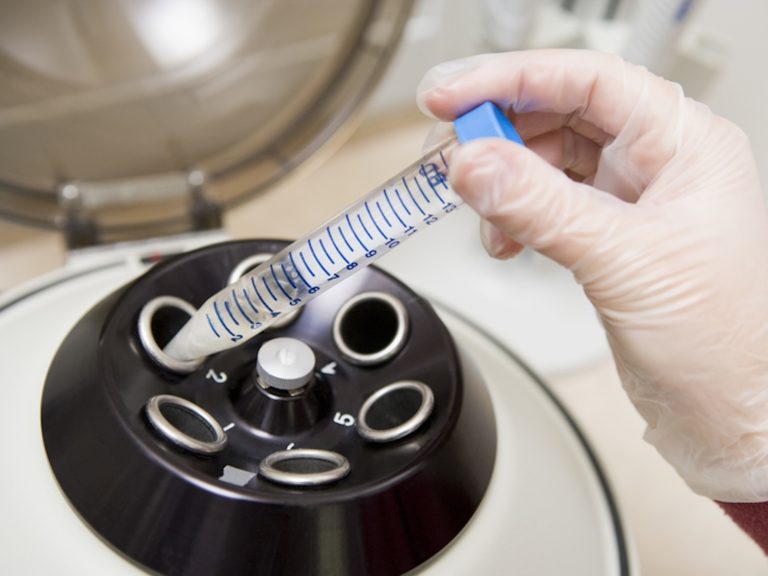With everyday advances in technology, it is no surprise that the scientific world is ever-changing. This can be especially seen in the use of laboratory centrifuges; these machines revolutionize how a laboratory runs and improves efficiency and precision of experiments. In this post, we will explore how laboratory centrifuges work and discuss their many benefits for laboratories. We’ll also talk about the different types of centrifuges and how to choose the right one for your lab. Read on to learn more about spinning science!
The different types of centrifuges
There are many different types of centrifuges available on the market today, each designed for a specific application. Here is a brief overview of some of the most popular types of centrifuges: Microcentrifuges – These compact centrifuges are specifically designed for use in microliter tubes and plates. They are perfect for applications requiring high speed and precise control, such as DNA or protein analysis. Benchtop laboratory centrifuge – A step up in size from microcentrifuges, benchtop centrifuges are still relatively compact and can be used for a variety of tasks such as cell culture or blood separation. Floor-Standing Centrifuges – The largest type of centrifuge, floor-standing models are typically used in industrial or research settings where large volumes need to be processed quickly and efficiently.
The benefits of using a centrifuge
Laboratory centrifuges are an essential piece of equipment for many different types of scientific research. They are used to separate materials of different densities by spinning them at high speeds, and can be used for a variety of tasks such as purifying DNA or proteins, separating cells, or removing solvents from samples. Centrifuges can also be used to concentrate or pellet cells and other particles in a suspension. There are many benefits to using a centrifuge in the laboratory. Centrifuges can save time and increase efficiency by allowing researchers to quickly and accurately separate materials. They can also improve the precision of experiments by providing more uniform results. In addition, centrifuges require less hands-on time than other methods of separation, such as manual filtration or gravity separation. This allows researchers to focus on other tasks while the centrifuge is running. Overall, using a centrifuge in the laboratory can save time, increase efficiency, and improve the precision of experiments. Centrifuges are an essential tool for many types of scientific research and should be part of any well-equipped lab.
How to choose the right centrifuge for your needs
There are many different types of centrifuges available on the market today. Here are a few factors to consider when choosing the right one for your needs. The type of samples you will be centrifuging. There are specific centrifuges designed for certain types of samples, such as blood or tissue. The amount of sample you need to centrifuge at one time. Some centrifuges have a smaller capacity than others. How often you will need to use the centrifuge. If you only need it occasionally, a less expensive model may be sufficient. However, if you plan to use it frequently, investing in a higher quality model will likely be worth the extra cost.



